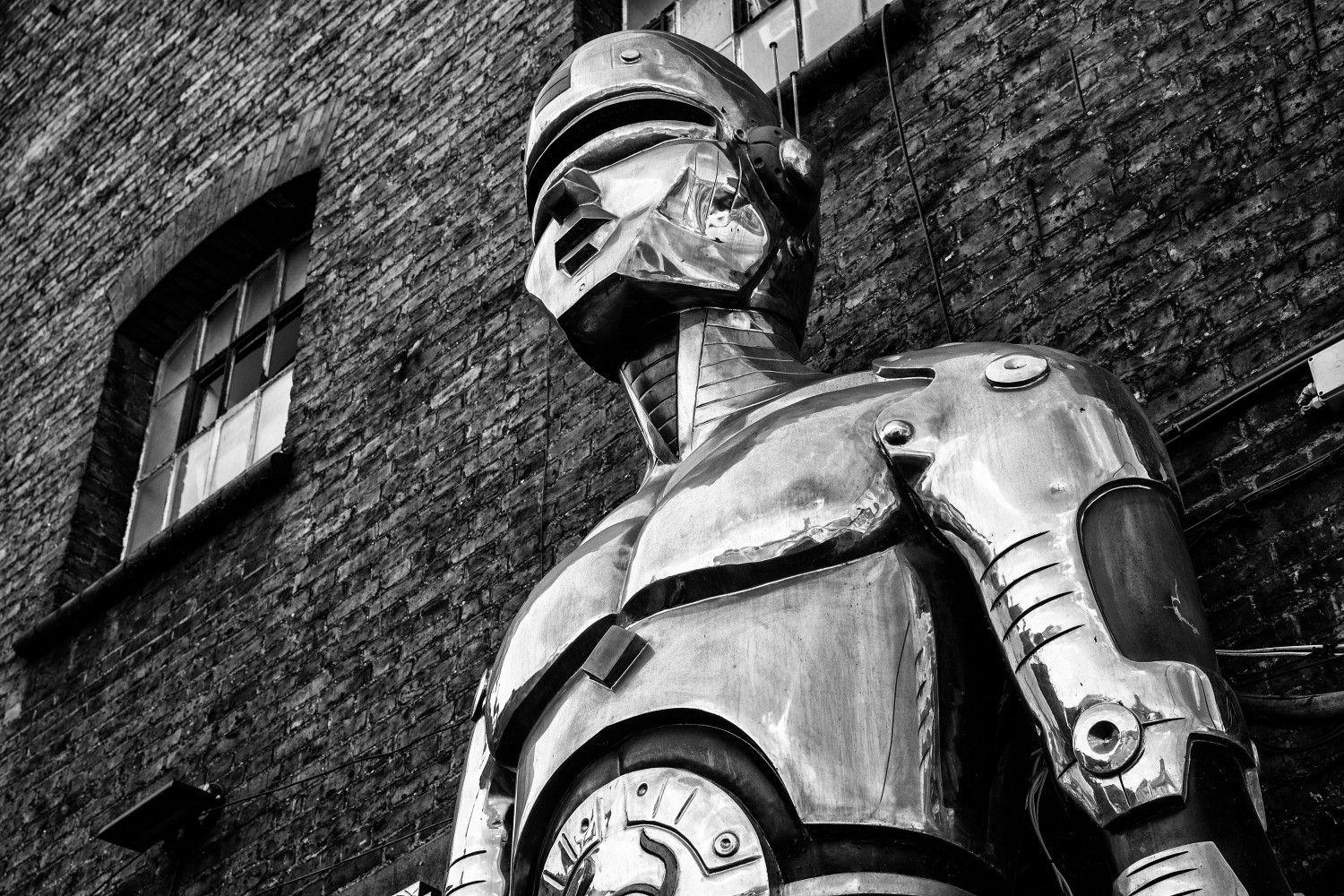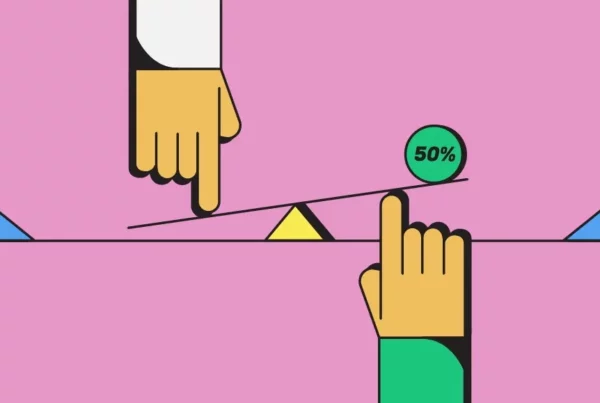News >

Nothing Like Before
Technology will continue to be an integral part of our everyday lives and even further into the future, part of our very own human genome. The days of a once intangible and fantastical utopia will begin to materialize in 2017.
Artificial intelligence will take center stage. As Jerry Chen, a top Silicon Valley investor, puts it, “AI is everywhere, and thus seems to be nowhere”. This will be the year that AI will be put to real use and will live up to its hype-worthy appeal. The momentum behind AI is not slowing down and it’s bringing enhanced machine learning with it. What does this mean? An emergence in sophisticated vocal and audible computing; think chat bots and Amazon’s Alexa. Furthermore, advances in AI will also pave the way for data analytics, healthcare, food and fintech.
Some of these advances have already been seen to take effect. Many restaurants in the U.S. have opted to replace human labor for robots and Bank Audi in Lebanon has launched Novot, an AI based humanoid robot that greets customers and promotes the bank’s services. Substitution of human labor is not only apparent behind the doors of banks and restaurants but also taking to the streets – Fetchr, a Dubai based start-up, developed a proprietary tech system to solve the problem of delivering packages in the Middle East where there is a lack of street addresses – which poses a huge threat to ecommerce. Fetchr schedules package pick-up and delivery using GPS coordinates from a user’s mobile device. Drone deliveries have also become more than just a stunt for brands. Domino’s in New Zealand has rolled out drone delivery options, Amazon is quickly jumping onto the trend and patenting drone delivery methods and 7-Eleven has completed 70 air drone deliveries to date.
Disruptive transportation methods will also hugely impact the emerging tech industry. We will start to see more and more autonomous cars hitting the streets. Elon Musk’s plans for automobiles is evidently contagious. The visionary’s ideas have proliferated throughout the automobile industry as companies expand plans to gain a share of the market.
Cars aren’t the only machines that will exhibit human intelligence in the coming years. The healthcare industry will see a leap in efficiency as doctors and nurses expand their capabilities with machine and deep learning. The nature of a doctor’s diagnosis is the ability to recognize patterns in a patient’s health and conclude an accurate diagnostic. The very essence of computers and deep learning algorithms is to become more adept at pattern recognition. The pairing of the two will have a huge impact on advancing healthcare and providing proper diagnoses and treatments for disease.
Looking at an even bigger picture of the evolving landscape, Blockchain will be one of the most dynamic catalysts in technology, with the power to impact our world as drastically as the internet has. Blockchain provides an open, decentralized database that allows the secure transaction of anything of value, such as sensitive information or money. Don Tapscott, author of Blockchain Revolution, breaks down the technicalities of Blockchain: “All assets are distributed across a global ledger. When a transaction is conducted it’s posted globally across millions of computers – through these connections blocks get created all these blocks are connected to create a chain of blocks.” The security that Blockchain provides, holds great promise for more efficient financial services, cyber and national security systems.



